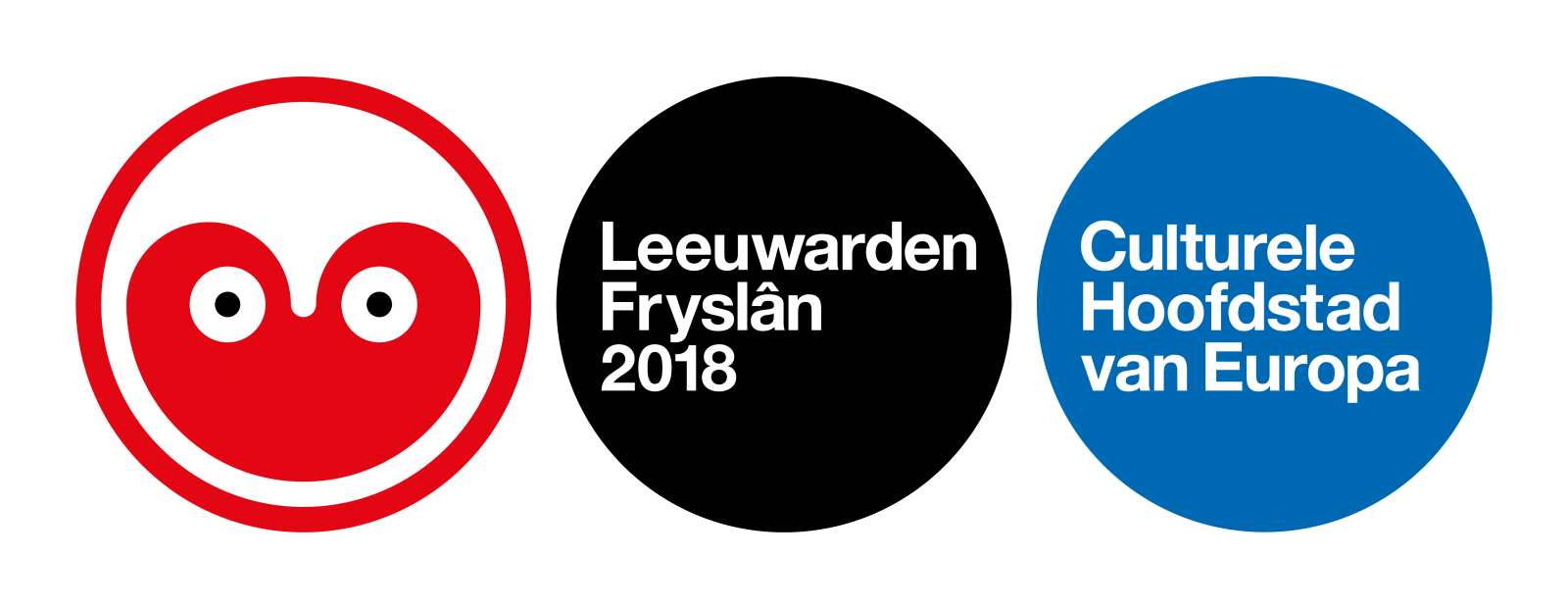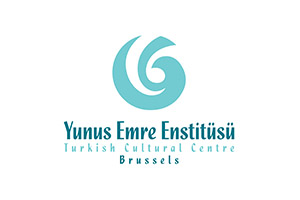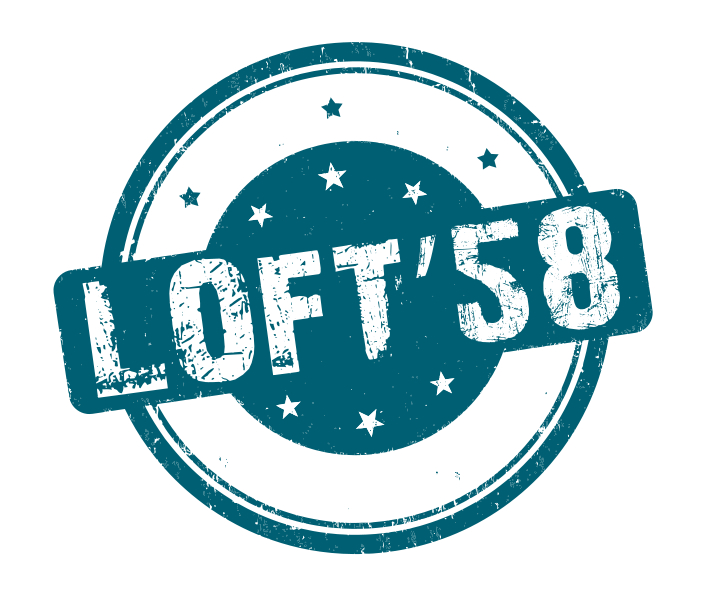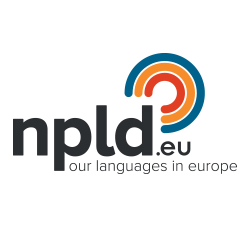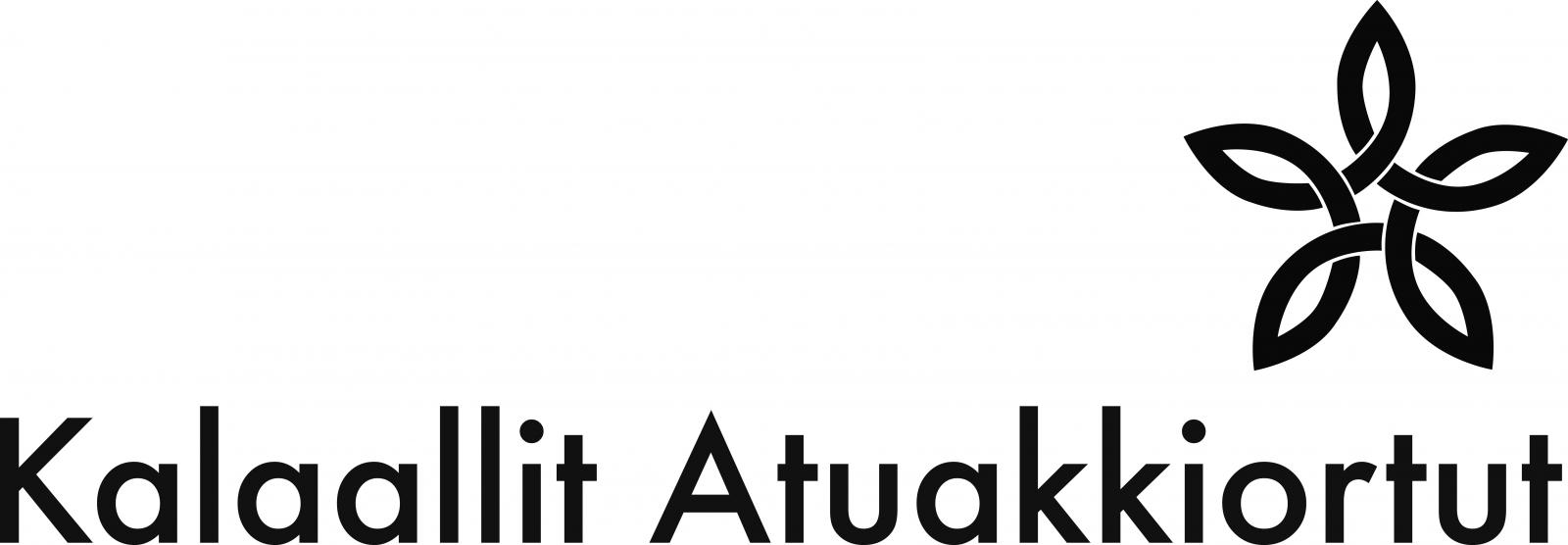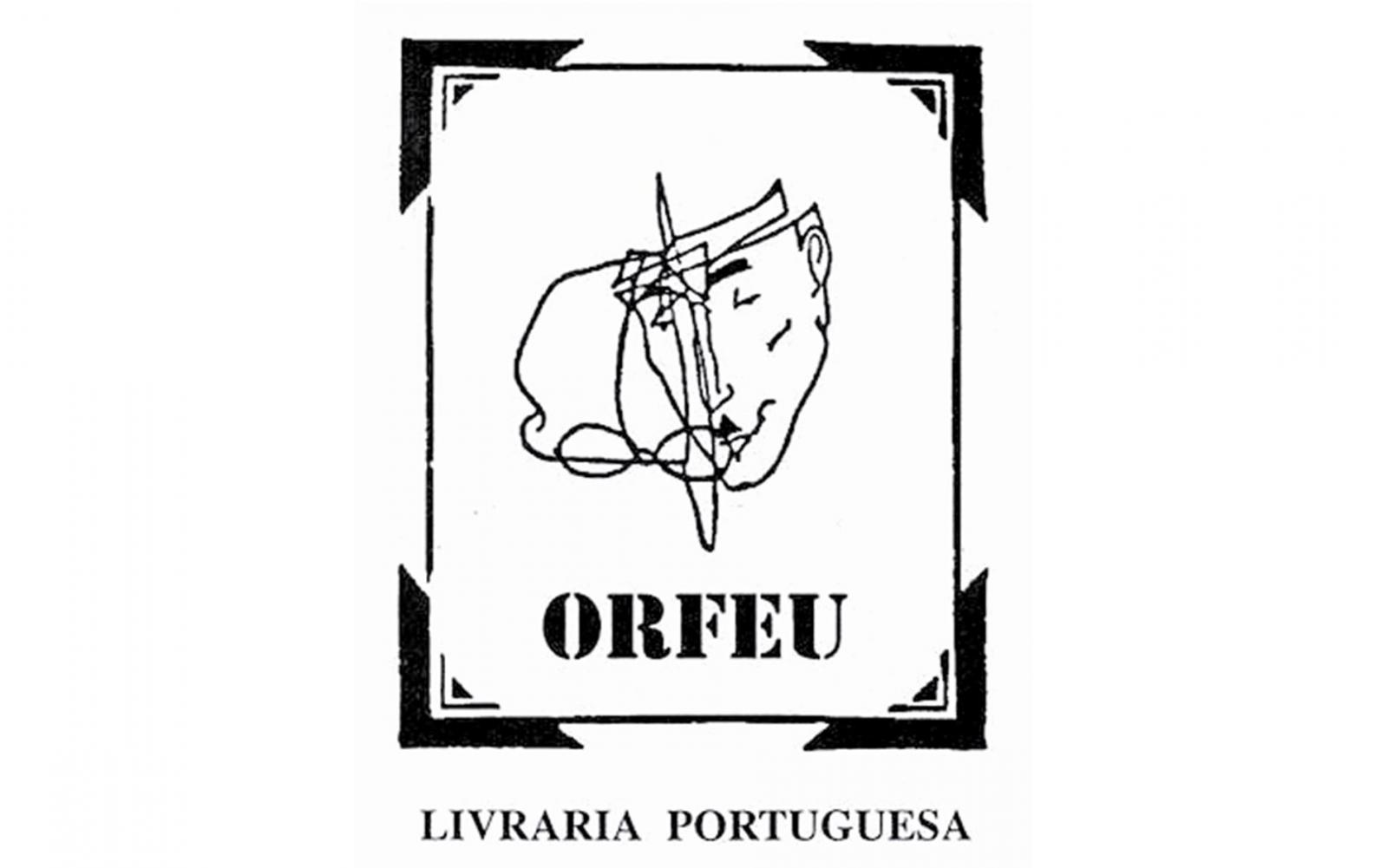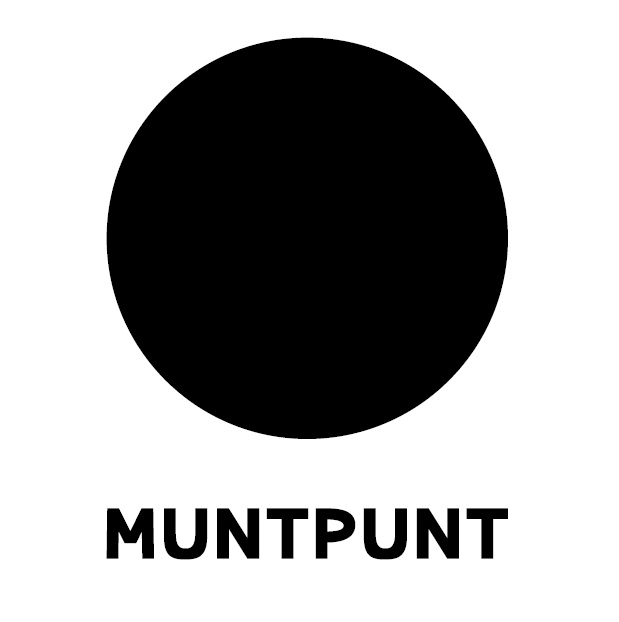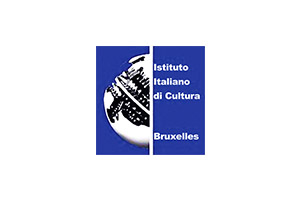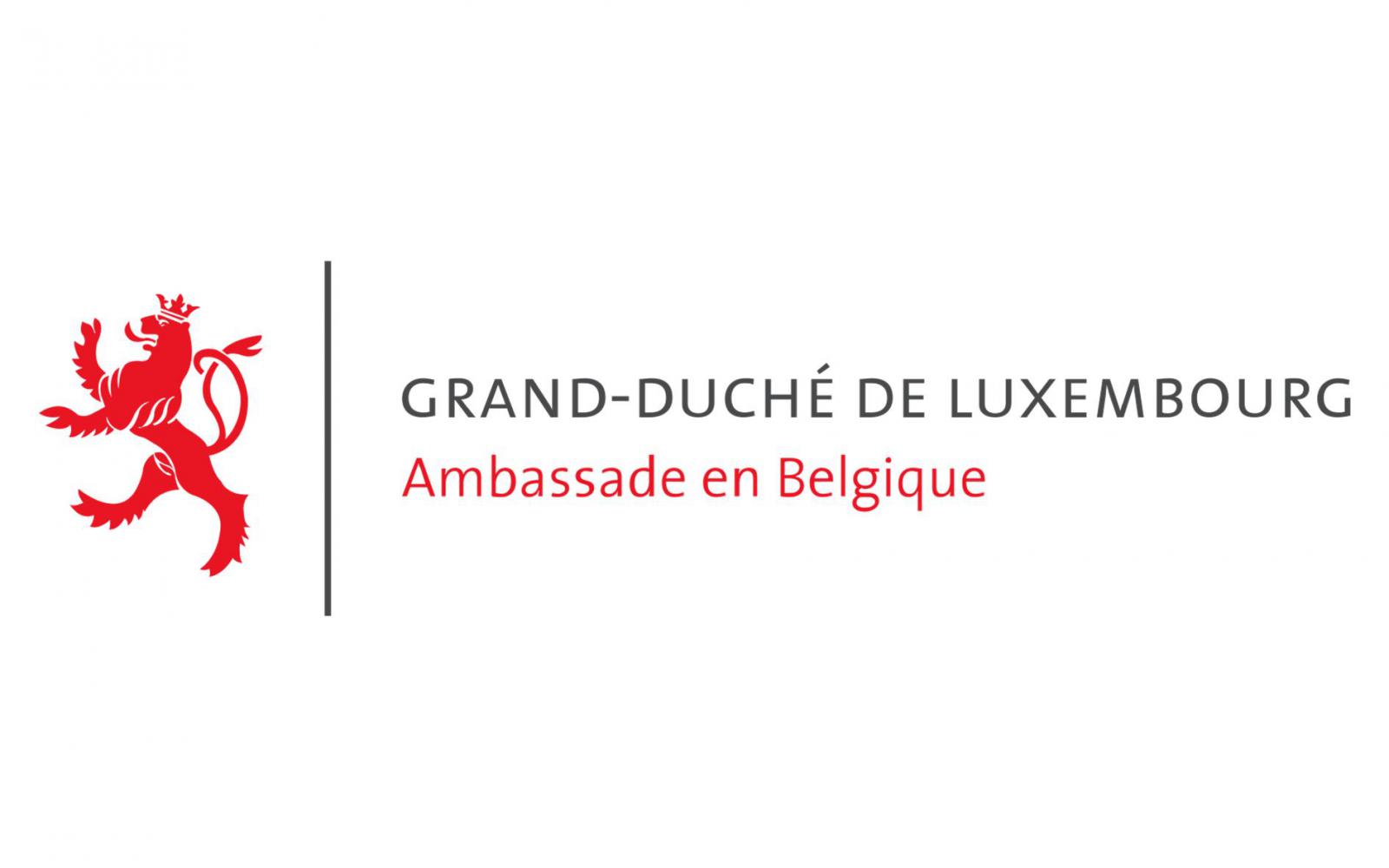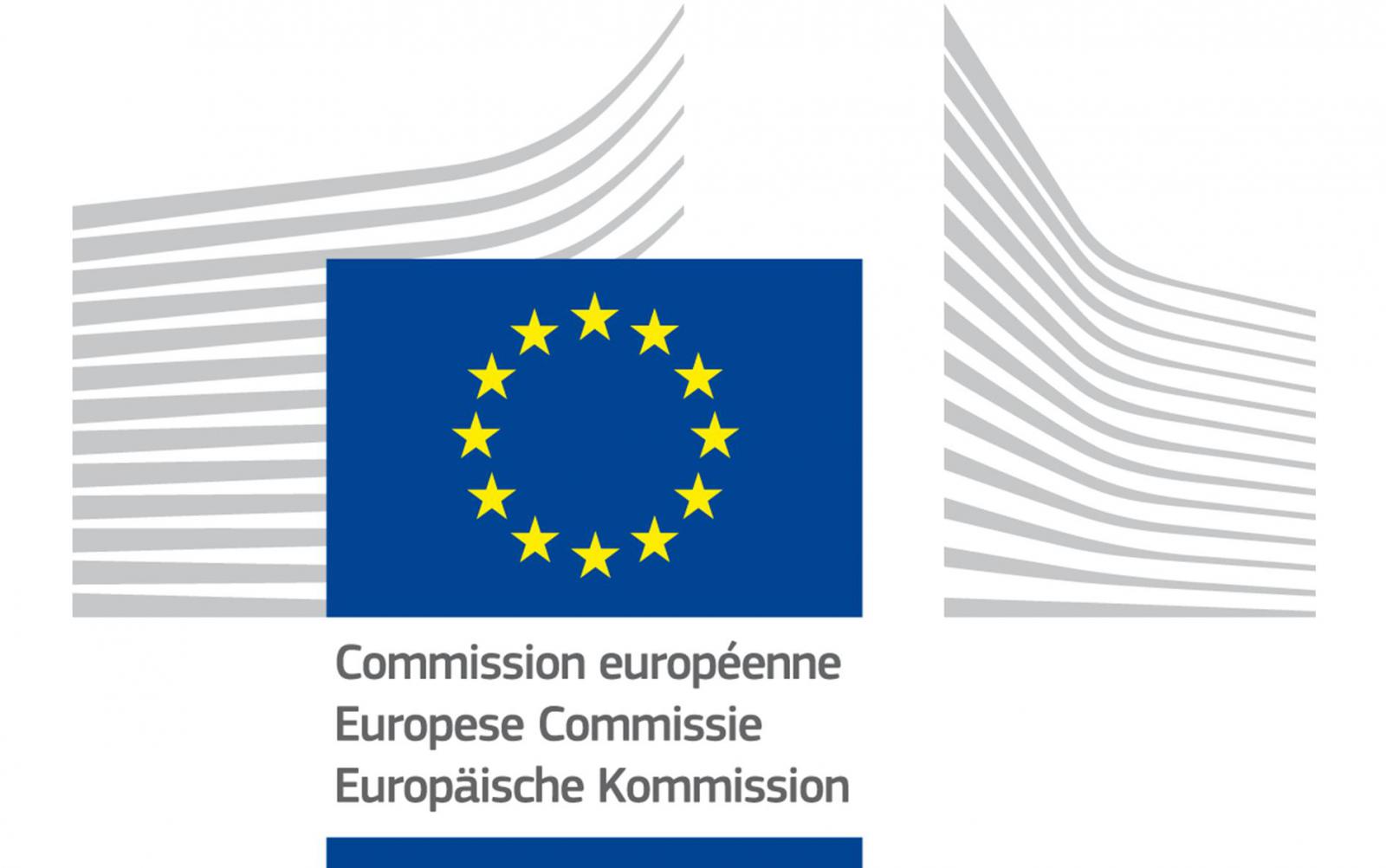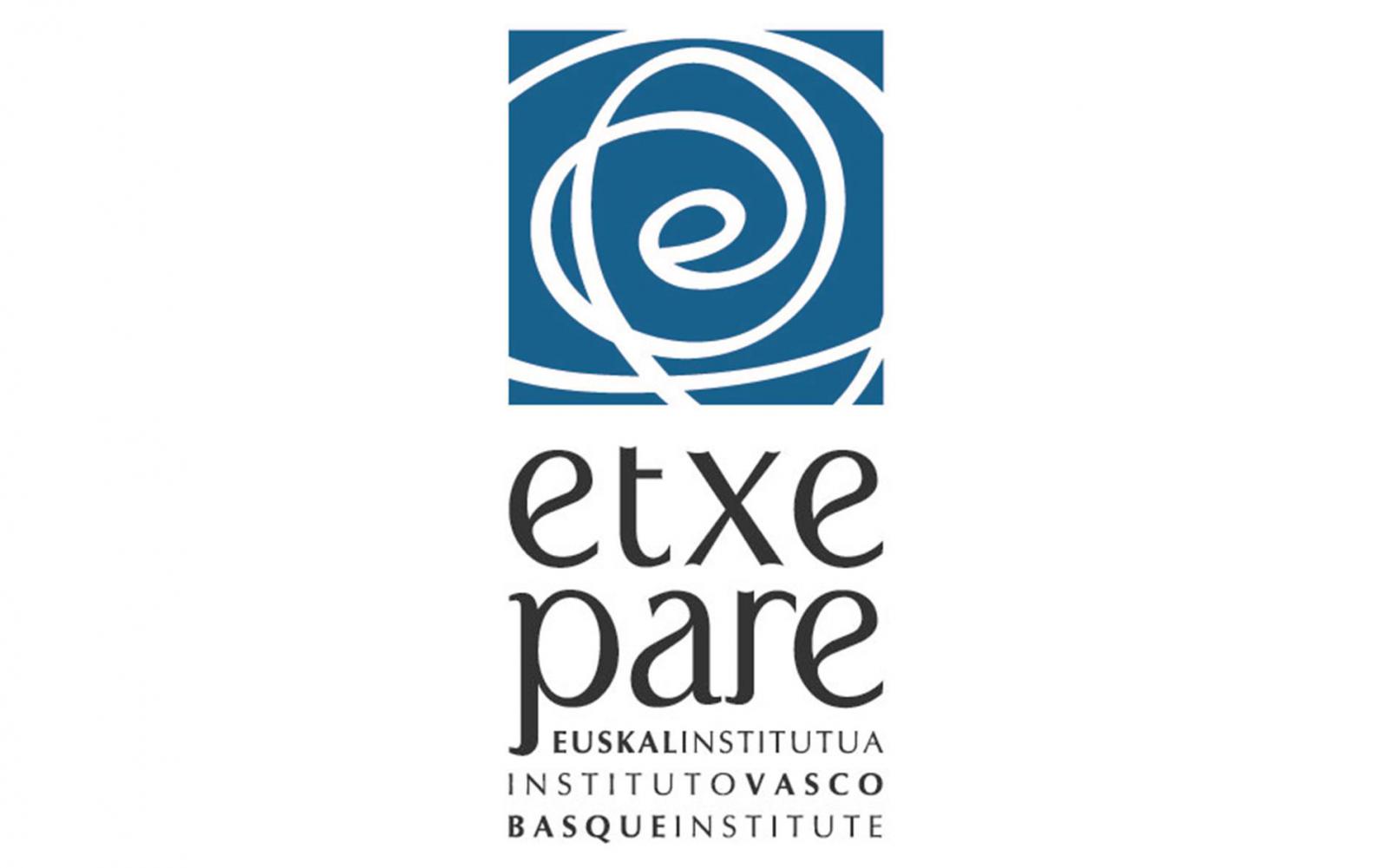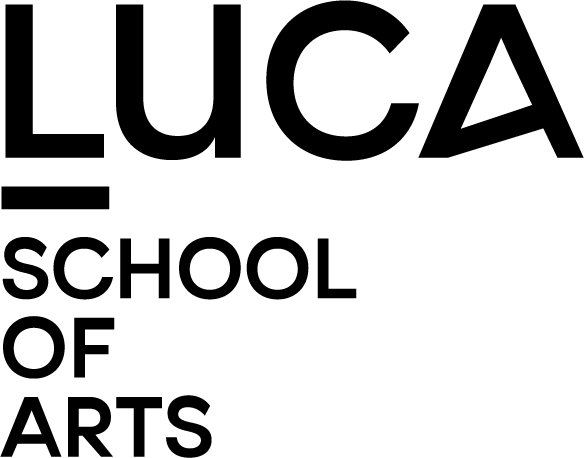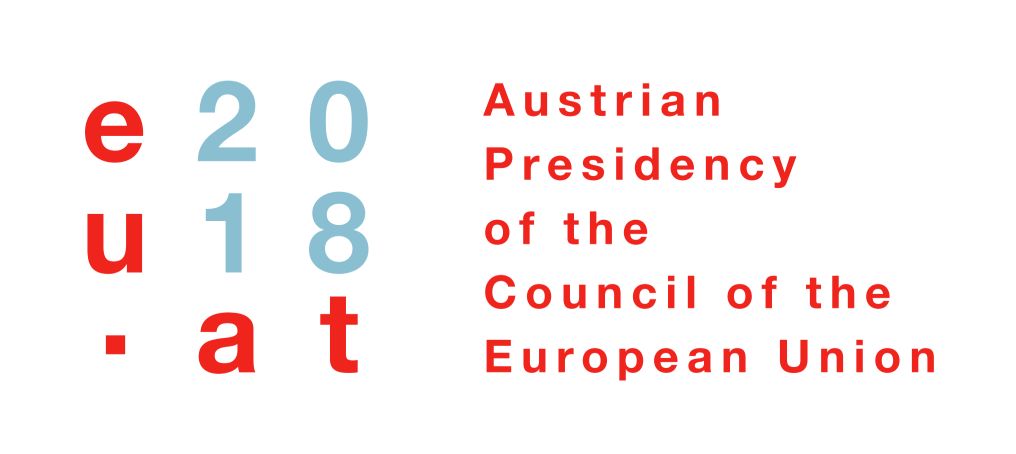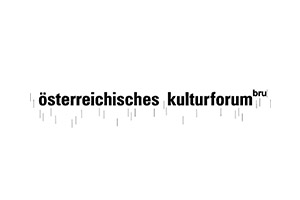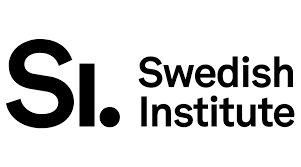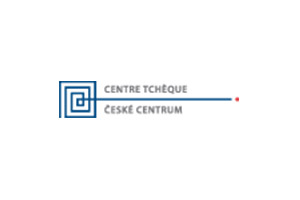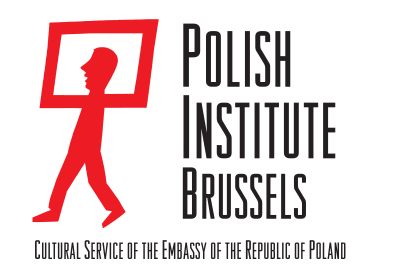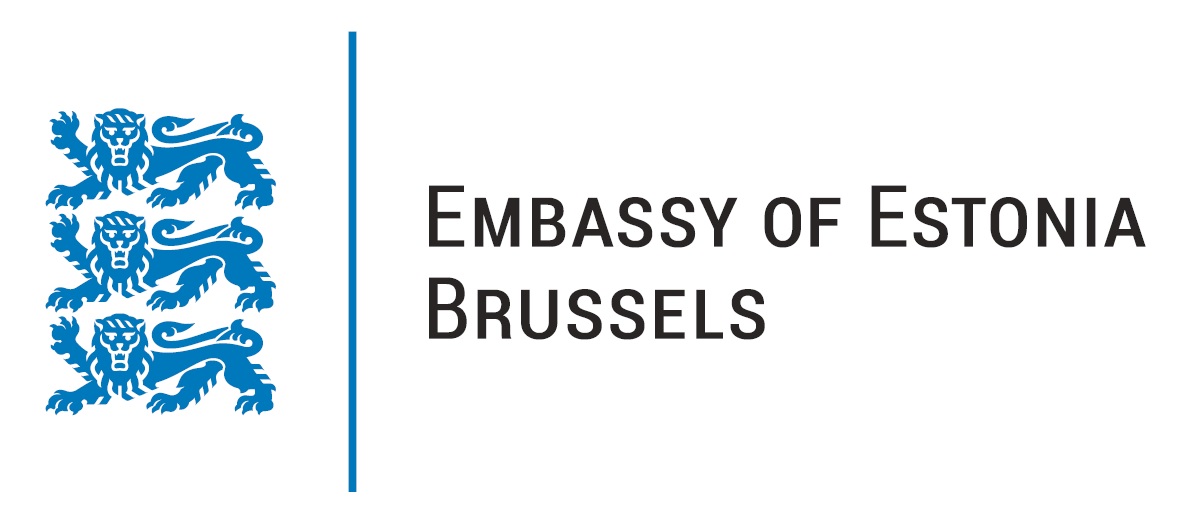Find a poet
Latest updates
-
TRANSPOESIE 2025
09/24/2025 -
Transpoesie 2025 - Programme
09/24/2025 -
Transpoesie 2025 - Open Call
04/16/2025
Harkaitz CANO
Harkaitz Cano (Lasarte, Gipuzkoa, 1975) Zuzenbidean lizentziatu zen Euskal Herriko Unibertsitatean. Idazteaz gain, irrati, ikus-entzunezko eta nobela grafikoetarako gidoigile gisa ere egiten du lan. Hanif Kureishi eta Allen Ginsberg itzuli ditu euskarara. Poesia liburuak (Dardaren interpretazioa, Olerti Etxea,2004; La interpretación de los temblores, Atenea, 2004) eta ipuin bildumak (Telefono kaiolatua, Alberdania, 1997; Enseres de ortopedia inútil, Hiru, 2002, eta Neguko zirkua, Susa, 2005; Kritika saria) argitaratu ditu, baita nobelak ere: Beluna Jazz (Susa, 1996; Jazz y Alaska en la misma frase, Seix Barral, 2004), Pasaia blues (Susa, 1998; Pasaia blues, Ttarttalo, 2012), Belarraren ahoa (Alberdania, 2004); El filo de la hierba, (Alberdania, 2006); Blade of Light (Center for Basque Studies, University of Nevada, Reno, 2010; Euskadi saria), eta Twist (Susa, 2011; Seix Barral, 2013). Bere azken lana narrazio bilduma bat da, Beti oporretan (Susa, 2015; El turista perpetuo, Seix Barral, 2017).
Bere hastapenetan zinema beltz, errealismo zikin eta pop kulturaren eragina izan bazuen ere (telebistako gidoigile gisa egin zuen lan eta orain komikiaren esparruan dabil), bere gaiak eta estiloa orraztuz joan da azkeneko lanetan, ironia askatzailearekin arinki nahasiz. Batzuetan bere burua “musikari frustratu” gisa definitu izan du eta maiz kolaboratzen du euskal eszenako abeslari eta artista askorekin. Bi aldiz eman diote Euskadi Literatura saria eta beste horrenbestetan Kritika saria.
Nederlanderaz (Lemand loopt op de brandtrap, Zirimiri Press, 2013), galegoz, grezieraz, ingelesez, gaztelaniaz, errusieraz, alemanez, italieraz, kroazieraz, serbieraz eta bulgarieraz irakur daitezke bere liburuak.
+++ www.harkaitzcano.com/3/idazlea
Harkaitz Cano (Lasarte, Gipuzkoa, 1975), basque writer and poete, holds a degree in Law from the University of the Basque Country, and works regularly as a scriptwriter for radio, audio-visual media and graphic novels. He has translated Hanif Kureishi and Allen Ginsberg into Basque. He has published volumes of poetry in Basque language (Euskara): Dardaren interpretazioa, [The Interpretation of Tremors] (Olerti Etxea,2004; La interpretación de los temblores, Atenea, 2004); collections of stories, Telefono kaiolatua [The Caged Telephone] (Alberdania, 1997; Enseres de ortopedia inútil, Hiru, 2002) and Neguko zirkua [El circo de invierno; Winter Circus] (Susa, 2005; Critics’ Award); and novels: Beluna Jazz (Susa, 1996; Jazz y Alaska en la misma frase, Seix Barral, 2004), Pasaia blues (Susa, 1998; Pasaia blues, Ttarttalo, 2012), Belarraren ahoa (Alberdania, 2004; El filo de la hierba, Alberdania, 2006; Blade of Light,Center for Basque Studies, University of Nevada, Reno, 2010; Euskadi Prize), and Twist (Susa, 2011; Seix Barral, 2013). His latest work is a collection of narrations, titled Beti oporretan [Permanent Vacation] (Susa, 2015; El turista perpetuo (Seix Barral, 2017).
Influenced early on by film noir, dirty realism and pop culture (he worked as a scriptwriter for TV and is now a comic book writer), Harkaitz Cano's themes and style, tinged by a kind of redemptive irony, have become increasingly refined in his more recent work. Occasionally defining himself as a "frustrated musician", Cano collaborates on a regular basis with Basque singers and performers. He is a two-time winner of the Euskadi Prize for Literature and has also received the Critics Award twice.
His works have been translated into Dutch (Lemand loopt op de brandtrap, Zirimiri Press, 2013), Galician, Greek, English, Spanish, Russian, German, Italian, Croatian, Serbian and Bulgarian.
+++ www.harkaitzcano.com/3/idazlea?lang=en
Harkaitz Cano (Lasarte, Gipuzkoa, 1975) Poeta vasco licenciado en derecho, una disciplina que nunca ha ejercido. Se inclinó tempranamente por la escritura, ya desde la publicación de su primer poemario, allá por 1994. Ha publicado, entre otras, la colección de relatos Beti oporretan (2015), la novela Twist (2011 en euskera; 2013 en castellano), Beluna jazz (1996; Jazz y Alaska en la misma frase, 2004), la ucronía Belarraren ahoa (2005; El filo de le hierba, 2007) y la colección de relatos Neguko zirkua (2005; Circo de invierno, 2013), así como Piano gainean gosaltzen (2000; El puente desafinado, 2003), un libro de crónicas autoficcionales fruto de su relación con la ciudad de Nueva York anterior al 11-S, de la cual surgió también el poemario Norbait dabil sute-eskaileran (2001; Alguien anda en la escalera de incendios, 2008). Cuenta, además, con un poemario escrito originalmente en castellano que contiene, según sus propias palabras, "rarezas y caras B": Compro oro (2011). Tras haberse ocupado de la traducción de gran parte de su obra al castellano, no es ajeno a la pendular esquizofrenia del autotraductor que vuelve una y otra vez sobre antiguos fantasmas. En esta faceta, ha traducido también al euskera a autores como Hanif Kureishi o Allen Ginsberg.
Influido en sus inicios por el cine negro, el realismo sucio y la cultura pop (trabajó como guionista de televisión y ahora hace lo propio con el cómic), su temática y su estilo, levemente envueltos en una ironía redentora, se han ido depurando en sus últimas obras. Habiéndose definido en ocasiones como "músico frustrado", colabora habitualmente con numerosos cantantes y artistas de la escena vasca y ha sido galardonado por dos veces con el Premio Euskadi de Literatura y otras tantas con el de la Crítica. Con Twist obtuvo, además, la mención Beterriko Liburua, concedida por los lectores.
Sus novelas han sido traducidas al holandés (Lemand loopt op de brandtrap, Zirimiri Press, 2013), al gallego, al griego, al inglés, al castellano, al ruso, al alemán, al italiano, al croata, al serbio y al búlgaro.
+++ www.harkaitzcano.com/3/idazlea?lang=es
Harkaitz Cano (Lasarte, Gipuzkoa, 1975), écrivain et poète basque, est Licencié en Droit de l’Université du Pays Basque et travaille régulièrement comme scénariste pour la radio, les médias audiovisuels et les romans graphiques. Il a traduit Hanif Kureishi et Allen Ginsberg en langue basque. Il est l’auteur de plusieurs recueils de poèmes en basque (Euskara), dont Dardaren interpretazioa (Olerti Etxea, 2004) ; La interpretación de los temblores (Atenea, 2004) [trad. : Interprétation des tremblements] ; De contes, Telefono kaiolatua (Alberdania, 1997) ; Enseres de ortopedia inútil (Hiru, 2002) [trad. : Instruments d’orthopédie inutile] et Neguko zirkua [trad. : Le Cirque d’hiver] (Susa, 2005 ; prix de la critique) ; ainsi que des romans : Beluna Jazz (Susa, 1996) ; Jazz y Alaska en la misma frase (Seix Barral, 2004) [trad. : Jazz et Alaska dans la même phrase], Pasaia blues (Susa, 1998 ; Ttarttalo, 2012) ; Belarraren ahoa (Alberdania, 2004) ; El filo de la hierba, (Alberdania, 2006) ; Blade of Light (Center for Basque Studies, Université de Nevada, Reno, 2010 ; Prix Euskadi) [trad. : Le fil de l’herbe] et Twist (Susa, 2011 ; Seix Barral, 2013), qui sera prochainement publié en serbe, en anglais et en bulgare. Son dernier travail est une collection de récits intitulée Beti oporretan [trad. : toujours en vacances] (Susa, 2015) ; El turista perpetuo (Seix Barral, 2017).
Influencé à ses débuts par le film noir, le réalisme sale et la culture pop (il travailla comme scénariste pour la télévision et continue maintenant dans la bande dessinée), sa thématique et son style, légèrement enrobés d’une ironie rédemptrice, se sont peu à peu épurés dans ses dernières œuvres. Après s’être lui-même défini à l’occasion comme un « musicien frustré », il collabore habituellement avec de nombreux chanteurs et artistes de la scène basque et a remporté à deux reprises le Prix Euskadi de Littérature et le Prix de la Critique.
Ses œuvres ont été traduites en néerlandais (Iemand loopt op de brandtrap, Zirimiri Press, 2013), galicien, grec, anglais, espagnol, russe, allemand, italien, croate, serbe et bulgare.

 HC.JPG)
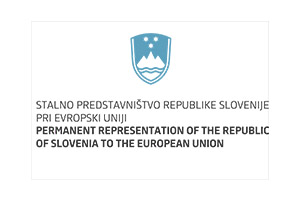
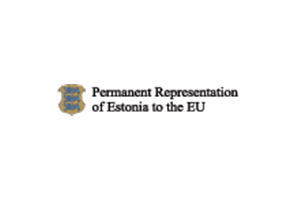
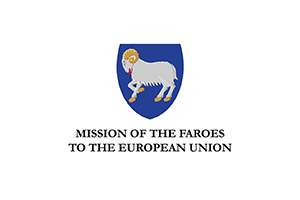



/RO - on the website.png)

